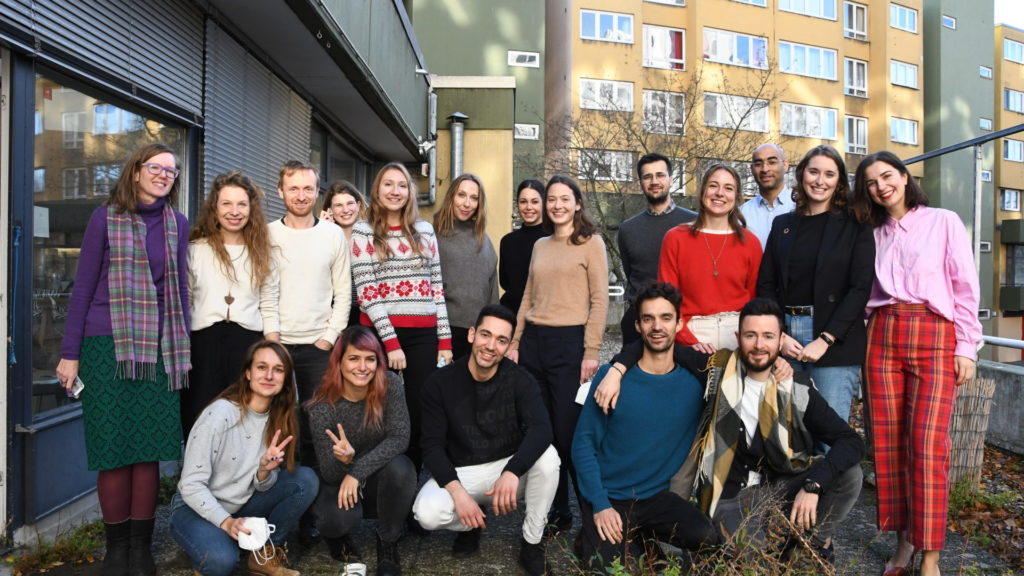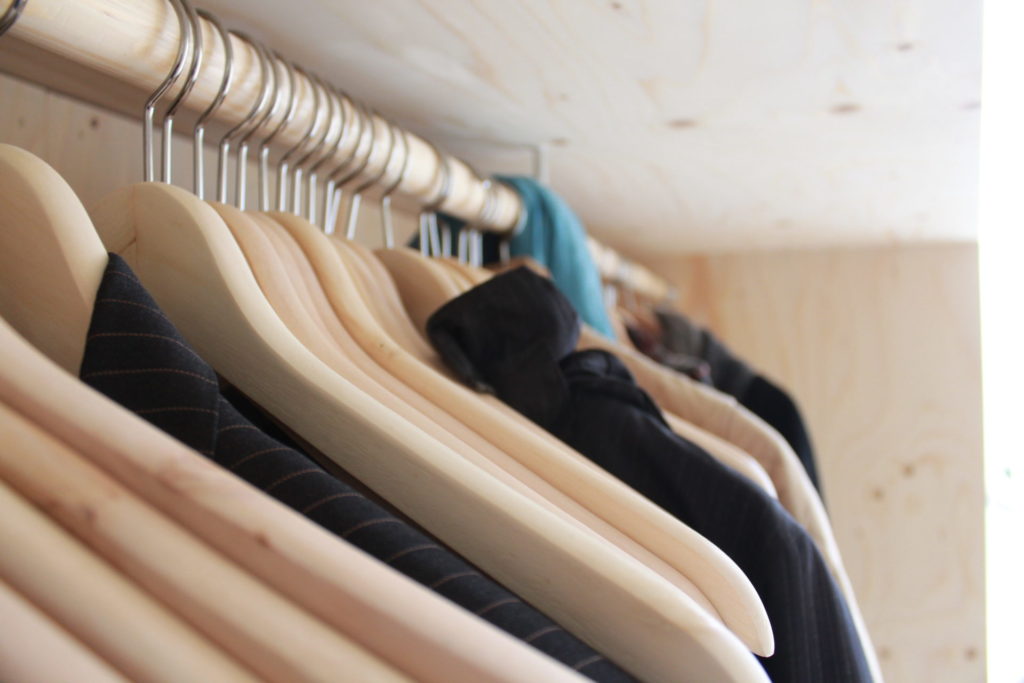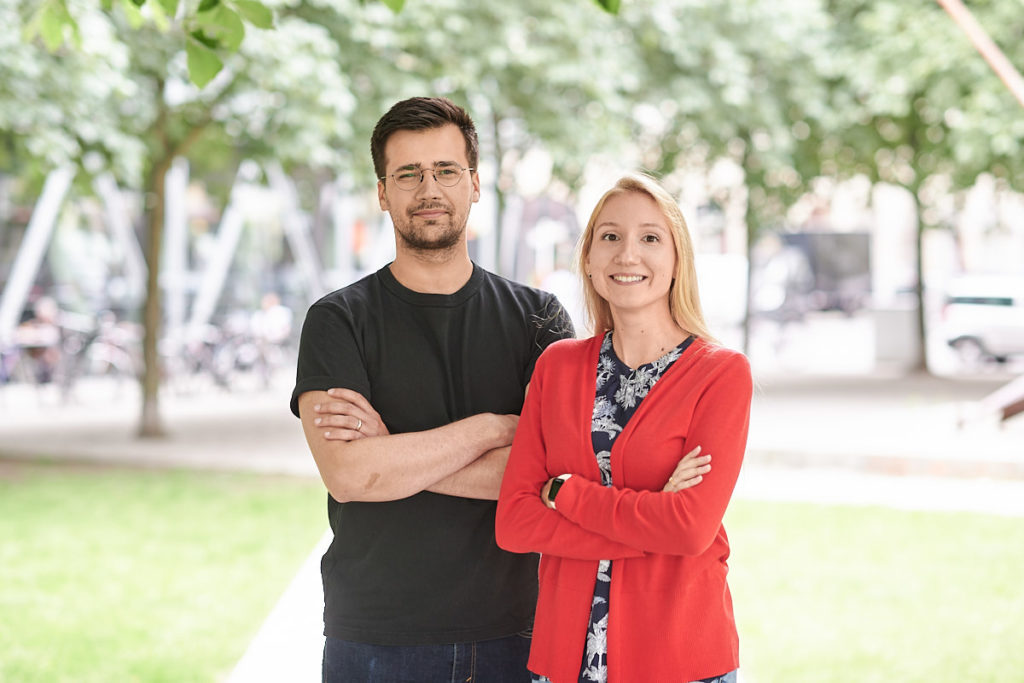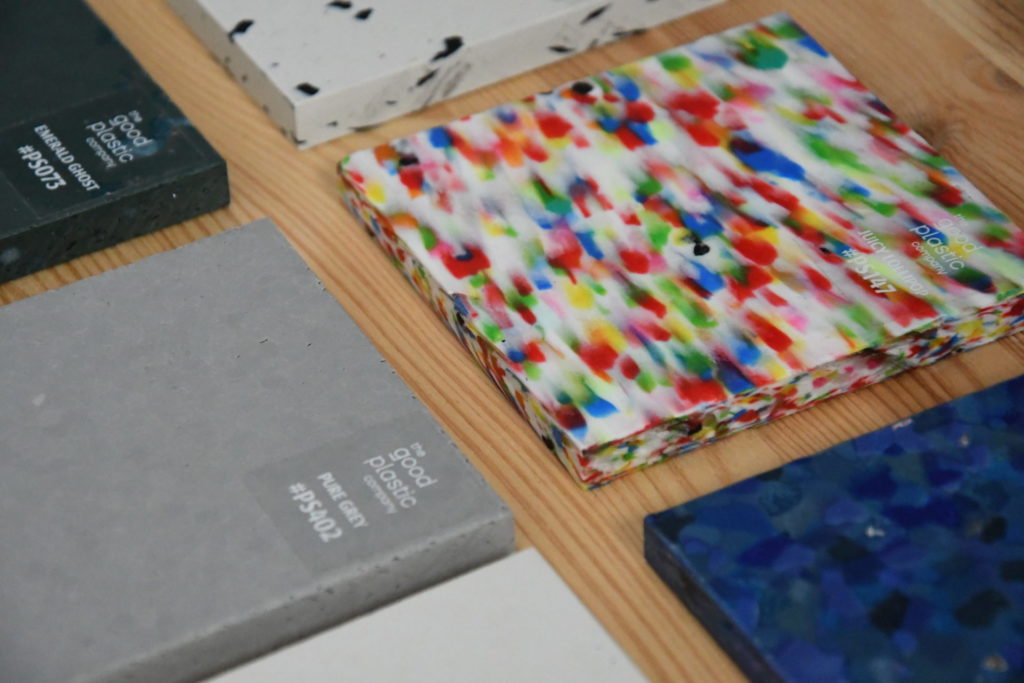Circular Together: 9 Berlin-based circular economy startups
At the start of 2022, a new Circularity Gap Report revealed that since the Paris Climate Accord in 2015, humanity worldwide has consumed half a trillion tonnes of virgin materials. To make the point more ‘concrete’: that’s 70% more than the earth can safely replenish to ensure a habitable planet for future generations. It’s clear that we need to rapidly reimagine our economy in order to use fewer raw materials and prolong the lifespan of the goods we consume – in short – to create a Circular Economy.

Incubating impact
That's why - at Impact Hub Berlin - we run the Circular Together incubator programme for Berlin-based circularity innovators. For its second year, we rebranded and revamped the programme, making it ‘official’ that circularity remains at the heart of our impact strategy for the coming years.
Circular Together showcases alternatives to linear economic models, promoting circular approaches that take into account resource scarcity, threatened biodiversity and securing an equitable future for a growing global population. As impact entrepreneurs, our participants contribute to solving societal challenges through innovative entrepreneurial solutions.
We enable these entrepreneurs to experiment with sustainable business models in order to build a new, circular economy. And since our work at Impact Hub Berlin borrows heavily from design thinking methods, our programme emphasises a user-centric approach, collaboration, and participation of all stakeholders. For impact entrepreneurs, pilot partnerships are also of key importance, which is why we put partnership-readiness at the programme's core.
After holding a hybrid Demo Day at the end of last year for our second cohort, we wanted to take the opportunity to inspire you with a summary of their progress on the programme and plans for the future. With their innovative ideas across fashion, tech and materials - let's meet the ventures.

Wearing your values
myriad fashion
myriad fashion offers fashion labels a pathway to a more sustainable supply chain through their beechwood fibre waste-based material. The entire production process and supply chain is based within Germany, further minimising the carbon emissions of the end product.
Lotta Ludwigson
Lotta Ludwigson aims to pioneer innovative and sustainable production practices for business attire. Their first suit has already been designed, created using long-lasting but biodegradable materials that ensure the used resources return to nature's cycle.
Circular Sweater Project
The Circular Sweater Project has also developed an initial product during their time on the Circular Together programme: an organic, fair trade leisurewear sweater that can be returned to the producer for repair. Their first sweaters are being dispatched to customers, and in the team are also working on a B2B offer for business uniforms and merchandise.

Tech for good
Kolo.Track
Kolo.Track (pictured) reduce the barriers for farmers wanting to practice more sustainable, circular agriculture, through their all-in-one software platform that allows users to manage their stock, certifications and regulatory compliance.
Numcamp
Numcamp also offer a B2B software solution for companies aiming to manage and measure their circularity and sustainability credentials. Their cloud-based platform offers a software as a service solution enabling corporate sustainability managers to save on time and money.
GoodieGo
The founders of GoodieGo realised that many 'on-the-go' food and drink products whose stocks had built up during the first Covid-19 lockdowns were approaching their use-by dates and would soon be going to waste. In response, they prototyped a new smart vending machine, in which such products could be sold directly to consumers in a short turnaround time.

A material world
Funk
Funk is tackling the issue of e-waste by developing kitchen appliances that are locally made from recycled and reused materials (pictured). Watch this space for news about their first product - a multi-purpose, modular and repairable blender.
Moving Light System
Moving Light System is an adaptive shading system that reduces carbon emissions from buildings. Using sustainable materials, the sophisticated set-up prevents both overheating in hot weather and under-cooling in cold.
VYLD
VYLD designed a new solution to the problem of plastic waste arising from menstrual health products. Their innovative use of seaweed as a base material for their products makes them both bio- and marine-degradable, allowing resources to return to nature. VYLD's Circular Together Demo Day pitch won the interest of impact investors in attendance, leading to the team securing pre-seed funding shortly afterwards.
The next edition of Circular Together is open for applications from early-stage, Berlin-based circular economy ventures. If your idea is ready to take advantage of monthly co-founder stipends, access to our coworking space and community of entrepreneurs, and connection to our network of mentors and experts, apply before the next deadline of 6th February 2022.